How to Motivating Disengaged Learners to Enjoy Learning Math
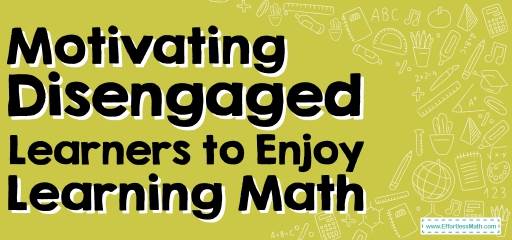
Learners who are intimidated by math often become disengaged in classes not because they lack the skills required to excel in the subject, but due to the lack of motivation to push through the challenges associated with it.
Demotivation, however, is something that can be tackled and overcome. An unreceptive learner can, with the right tutoring strategies, be motivated to delve into the subject that they once found too difficult to enjoy.
The Absolute Best Book to Ace the Math Test
Getting reluctant students to become more enthusiastic about math isn’t always a clear-cut process; different learners often respond to varying strategies.
There are, however, several techniques that have been shown to have positive results across a wide range of age groups and with learners of varying proficiency in math; five of these are listed below.
Place math into a real and meaningful context
Learners are more likely to become interested in math when they are made aware of its practical application and usefulness in real-life contexts.
Fostering an understanding of math that goes beyond algorithms and formulas can show learners how they can benefit from exploring the subject, as well as how they can apply it to other areas of their lives that they are interested in.
The Most Comprehensive Review for Students
Present interesting math problems/challenges
Math is filled with tonnes of fascinating problems that leave learners intrigued and curious to learn more.
Presenting learners with challenges and problems that they feel personally interested in solving is a great way to keep them engaged and excited about the subject.
Play math-related games
Recreational math such as puzzles and games can show students how math can be used to create viable game strategies, as well as to keep their minds sharp and alert.
Using toys and games can provide learners with a non-threatening environment to explore the subject; this can also make them comfortable enough to participate in discussions and problem-solving activities.
The Absolute Best Book to Ace Math Test
Encourage learner participation
Instead of presenting textbook questions and answers, it’s preferable to encourage learners to voice their curiosities about the subject, as well as to explore and discover the appropriate solutions and answers to their questions.
This will help learners feel more involved in the lessons and therefore less likely to feel disengaged.
Only a motivated tutor can motivate learners
Whether a tutor holds a traditional math class or is an online math tutor, their attitude towards math seeps into their lessons; learners are often quick to catch on to this and use it to justify their apathy towards the subject.
If a tutor enjoys math and attaches value to it as a subject, this attitude is bound to transfer onto the learners who are then likely to perceive math as something that people enjoy.
Therefore, finding an appropriate math tutor is key to a learner’s perception and learning of math.
The above strategies can encourage learners to look at math as more than just a procedural tool.
Learners can either view it as a dreaded necessity that they don’t want anything to do with after class, or as a fun, applicable subject to be used in many aspects of everyday life – it’s because of this that effective tutoring techniques play a crucial role in how children and young adults perceive and ultimately learn math.
The Absolute Best Book to Master the Math Test
Related to This Article
More math articles
- How to Determine a Function Using the Vertical Line Test?
- Area of a Trapezoid
- 3rd Grade ACT Aspire Math FREE Sample Practice Questions
- The Ultimate Regents Algebra 1 Course (+FREE Worksheets)
- Finding the Area Between Two Rectangles
- 4th Grade ILEARN Math Worksheets: FREE & Printable
- How to Understand Decimals Conveyed in Words
- Geometry Puzzle – Challenge 64
- CBEST Math FREE Sample Practice Questions
- What Kind of Math Is on the Praxis Core Test?
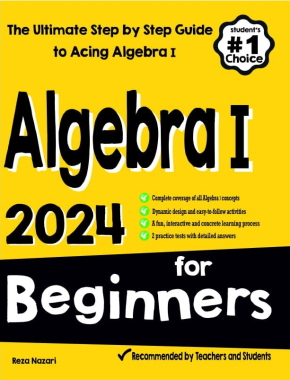

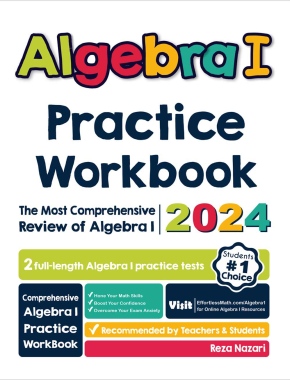
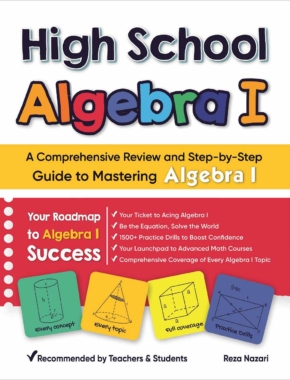
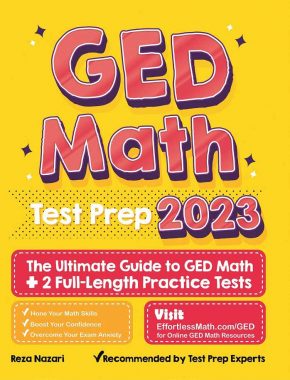
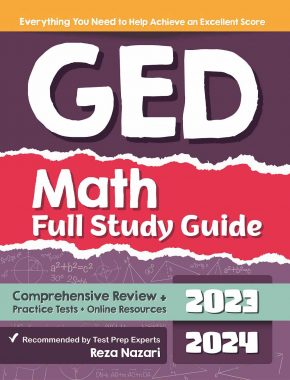

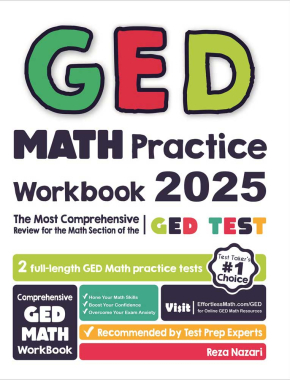
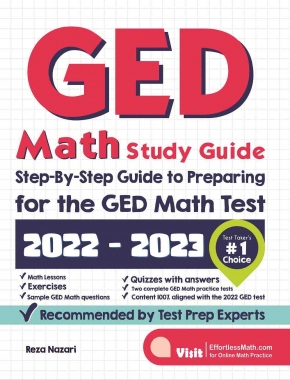
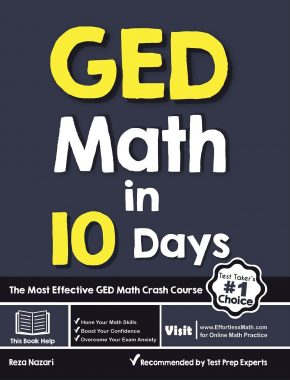
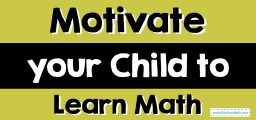

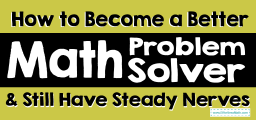
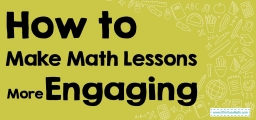




What people say about "How to Motivating Disengaged Learners to Enjoy Learning Math - Effortless Math: We Help Students Learn to LOVE Mathematics"?
No one replied yet.